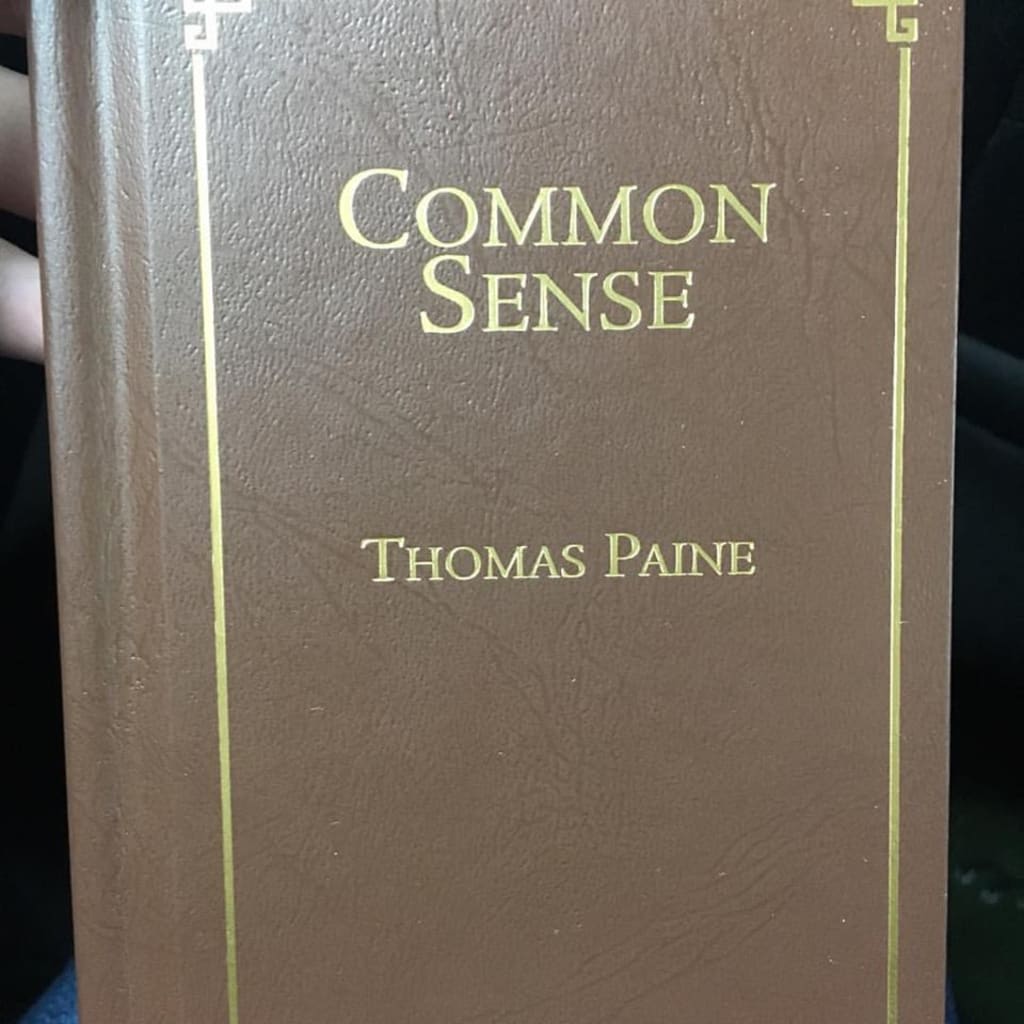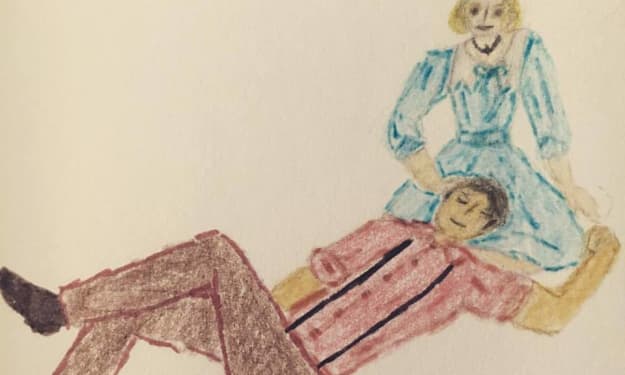A Review of Common Sense by Thomas Paine
Happy Fourth of July

If anyone asks me what I’ve been doing to get in the spirit of the Fourth of July, I will respond, in the words of Angelica Schuyler, “I’ve been reading Common Sense by Thomas Paine…” I read excerpts from Common Sense in my American Literature class last semester and I bought a copy of the full work in the gift shop of the Concord Bridge battlefield site and thought it would be a good idea to read it in honor of Independence Day.
In Common Sense, Thomas Paine paints the Americas as a place of refuge from the tyranny of Europe and the American character as independent and freedom loving:
“This new world hath been the asylum of for the persecuted lovers of civil and religious liberty from every part of Europe. Hither have they fled, not from the tender embraces of the mother, but from the cruelty of the monster; and it is so far true of England, that the same tyranny which from the first emigrants from home, pursues their descendants still.”
One of Paine’s major points is that England needs the Americas more than the Americas need England; that the American colonies would be better off without England and are economically self-sufficient enough to survive the break, “Our corn will fetch its price in any market in Europe, and our imported goods must be paid for buy them where we will.” Paine also suggests that it makes economic sense to break from England, because if they are not involved in England’s conflicts with other European countries, then they will have more foreign markets in which to trade, “As Europe is our market for trade, we ought to form no partial connection with any part of it...whenever a war breaks out between England and any other foreign power, the trade of American foes into ruin because of the connection with Britain.” If England goes to war with France, then the French will not trade with America, because it is a British colony; The British Crown has so mistreated its North American Colonies, Paine argues, that it would be immoral and cowardly for a North American to wish to continue being a British subject, “But if you have, and can still shake hands with the murderers, then you are unworthy of the name of husband, father, friend, or lover, and whatever your rank or title in life, you have the heart of a coward, and the spirit of a sycophant.”
In Paine’s brief pamphlet, we see the seeds of America’s sense of itself in relation to the rest of the world; its fierce independence, sense of exceptionalism, and distrust of large and intrusive governments. Paine argues that governments are at best a necessary evil and only necessary and useful insofar as they can keep order. It is in human nature to form communities for companionship and survival, but centralized government, in the form of a king, is unnatural and destructive. Common Sense ends with Paine’s position on the church vs. state argument. He chastises members of the Quaker community, who are supposed to be passive and apolitical, for meddling in politics. America was partially colonized by those seeking asylum from the religious persecution of Europe and founding fathers were in favor of a separation between church and state to prevent religious persecution, something which is often forgotten. Economics is also a large consideration in American independence. The split from Britain makes economic sense according to Paine. Jamestown, the first American colony, was founded as part of a money making venture and now 170 years later, the Americas have become self-sufficient enough to no longer need the so-called mother country. Once separated from England, the thirteen colonies will no longer have to pay high taxes and tariffs and have their commerce threatened by England’s constant wars. By appealing to the interests of religion and money, Paine is evoking two of the greatest forces which have shaped American politics.
Common Sense is a seminal piece of American history and in understanding American politics. Part of the reason why I read it is because I am taking a class on the American Revolution next semester in school. I would recommend it to anyone who is interested in American history, specifically the revolutionary era.
About the Creator
Rachel Lesch
New England Native; lover of traveling, history, fashion, and culture. Student at Salem State University and an aspiring historical fiction writer.






Comments
There are no comments for this story
Be the first to respond and start the conversation.